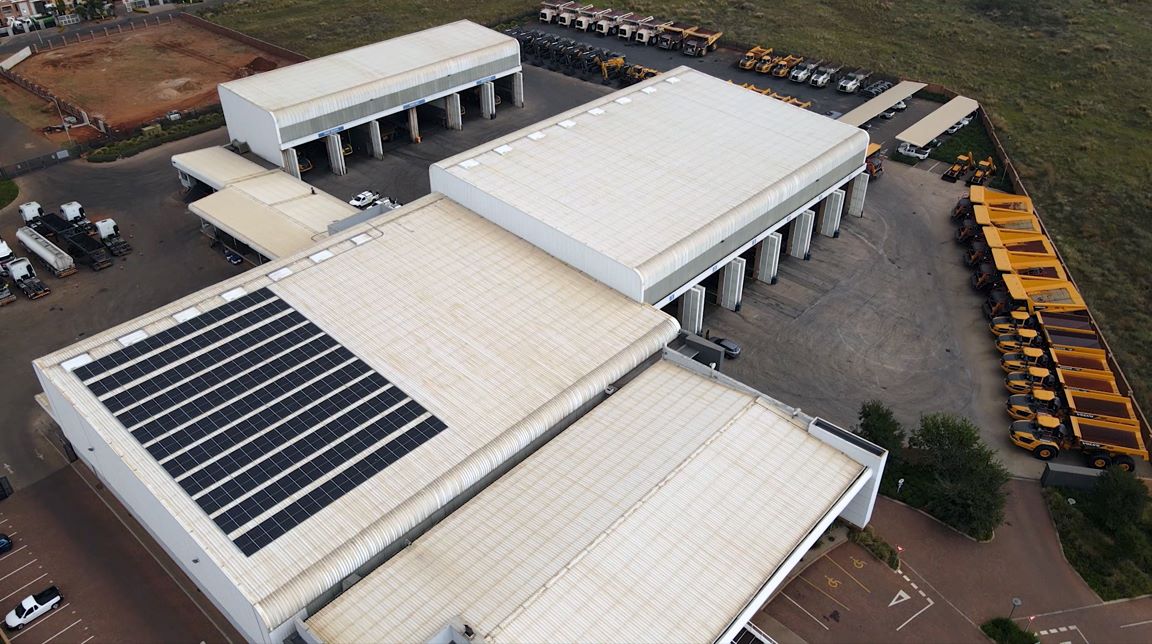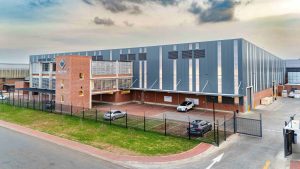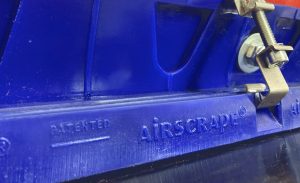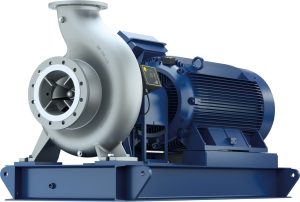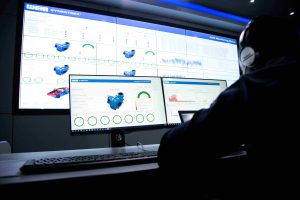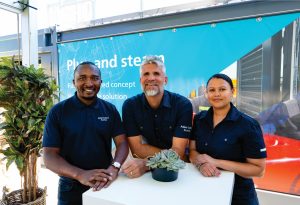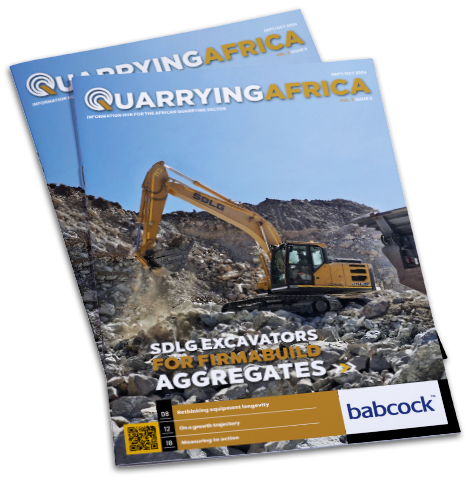Babcock is demonstrating its commitment to a greener future through initiatives that align with South Africa’s environmental objectives, while also operating within Babcock International’s goal of environmental sustainability.
“We seek out opportunities where we can make a difference within our working environment to be more eco-friendly, and reduce our carbon footprint,” says SHE Manager at Babcock, DJ Marais.
Two such examples are supporting the Carbon Trust’s ‘Zero Waste to Landfill’ goal, and exploring the use of renewable electricity.
According to the Department of Environmental Affairs, the average South African produces a staggering one tonne of waste per year. Up to 65% of waste in the country is recyclable, yet only 10% is being recycled annually. Landfills across South Africa are reaching capacity, particularly in metropolitan areas. As Mpendulo Ginindza, President of the Institute of Waste Management of South Africa, says, “This situation requires everyone’s involvement – from households to business.”
Babcock already recycles waste but has recently taken it a step further by creating a centralised waste transfer facility at its Bartlett site for all recyclable waste. An under-utilised space covering an area of 46 m² within the warehouse yard was repurposed into a secure waste transfer facility where the waste will be sorted according to different categories before it is collected by a permitted waste management service provider. This includes oil cans and containers, different types of plastics, packaging for parts, and recyclable office and warehouse waste.
“We have gone to great lengths to find a suitable permitted waste management service provider that operates beyond compliancy and is fully committed to the ‘Zero Waste to Landfill’ goal, while also having the resources to responsibly manage recyclable hazardous waste such as industrial oil,” says Marais.
What makes this facility unique is that it was built almost entirely with recycled materials. “Even the locks are repurposed wheel spanners!” says Marais. Another unique aspect of the facility is that Babcock is encouraging its employees to bring their personal industrial waste to this facility instead of disposing of it with general waste.
The facility is expected to be fully operational by the last quarter of 2024.
Babcock’s state-of-the-art sales, parts and service dealership in Middelburg was constructed in 2015 to offer responsive regional support and service across its entire construction equipment product range.
The building was equipped with a 500 kVA generator as a back-up power supply so that customers could access service support 24-hours a day from Babcock regardless of national power outages. While this was sufficient for some time, the diesel used in the generator impacted negatively on the air.
A solar solution was identified to replace the generator which would meet with the branch’s energy requirements, while also adhering to Babcock’s sustainable procurement policies. Following a load study to assess the energy consumption, the supplier proposed a solution that would guarantee power during loadshedding and meet Babcock’s target on climate change commitments of ensuring the use of 100% renewable energy by 2030.
The new solar installation, which has been fully functional since April 2024, comprises a 150-kilowatt hybrid inverter system driven by 198 x 550-watt solar panels installed on the roof, making it one of the largest solar installations in the region. The 30 000 m² building, with a roof large enough to accommodate all the panels, was constructed facing north to maximise natural light entering the building, so it was ideally positioned for this installation, and can accommodate additional panels if required in the future.
Babcock is examining other environmental initiatives across its operations, such as capturing rainwater to utilise on site, and extended recycling programmes at its larger branches. In Middelburg, the yellow-metal facility has a purpose-built waste recycling area, as well as an oil drainage system that filters wastewater to allow it to safely enter the municipal sewer system.
